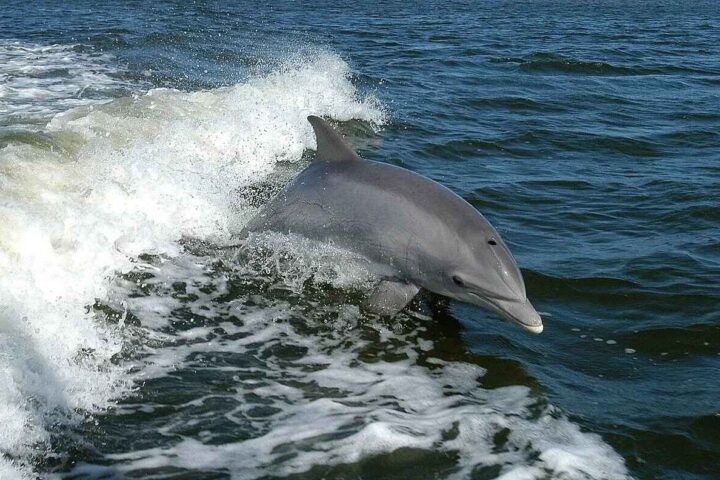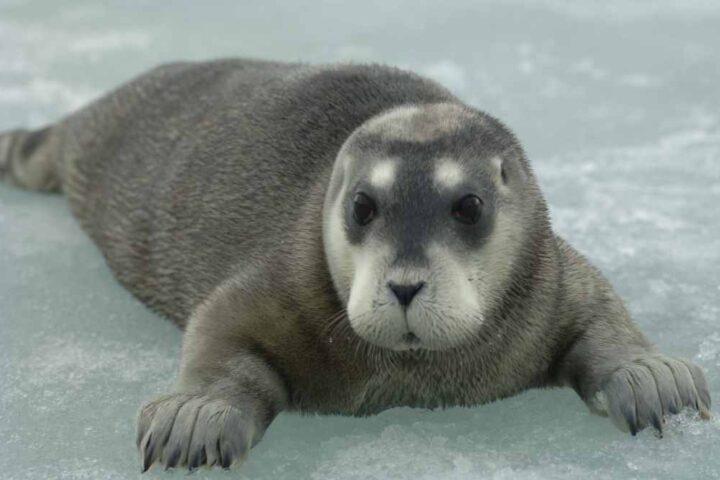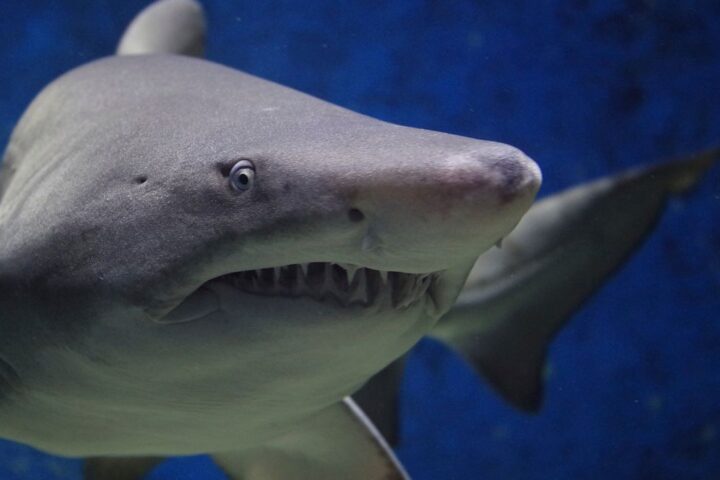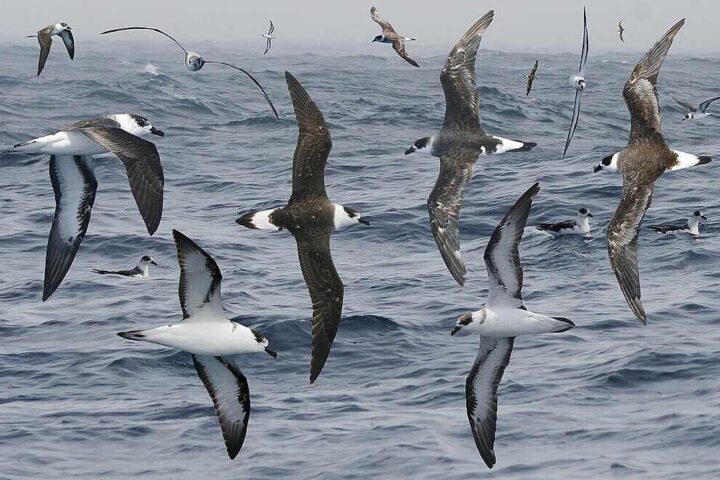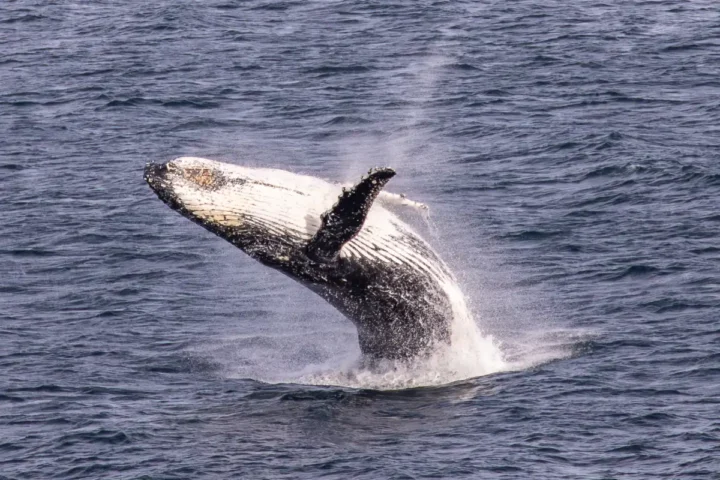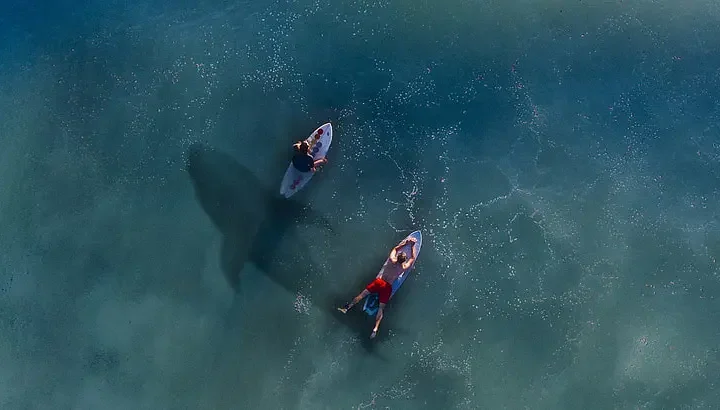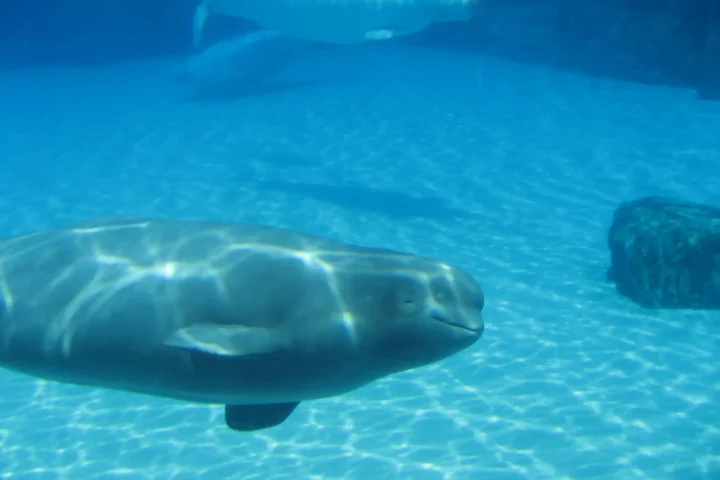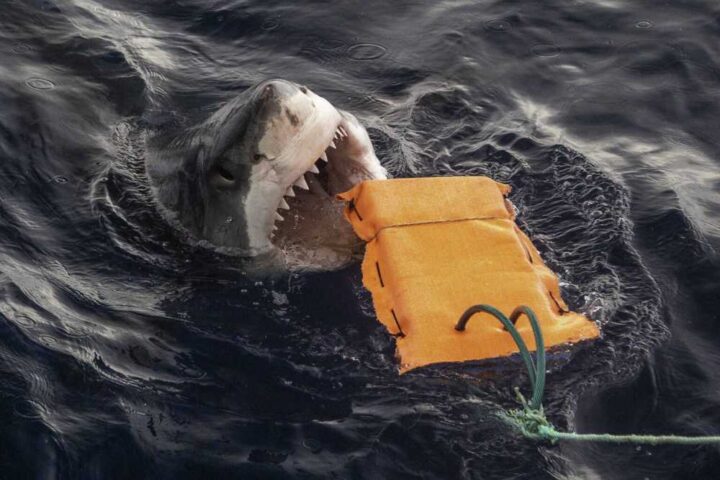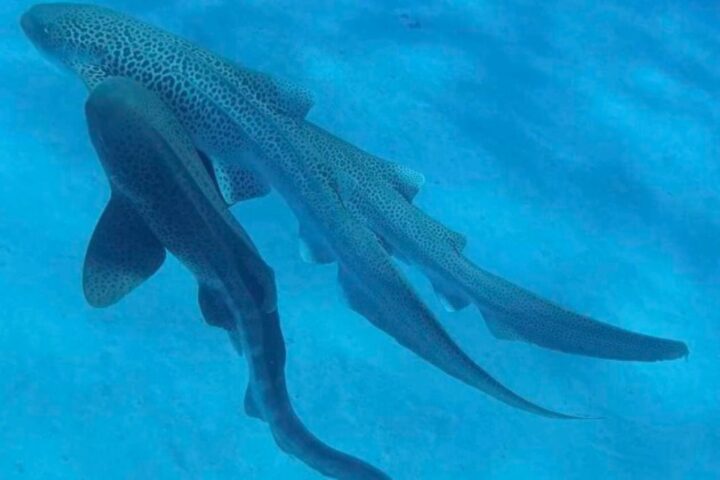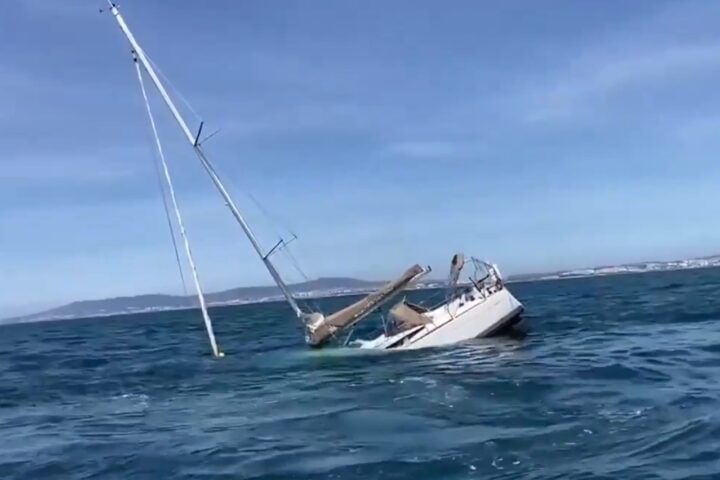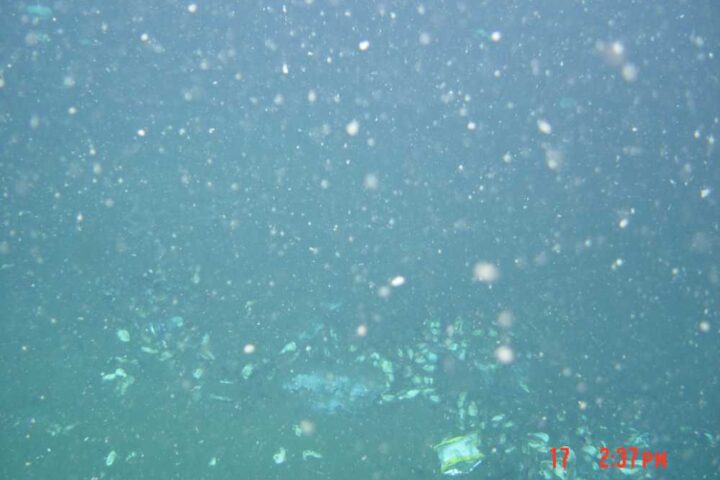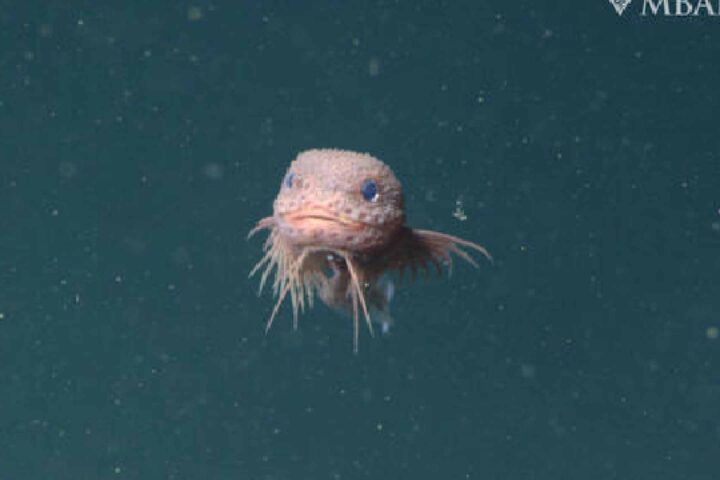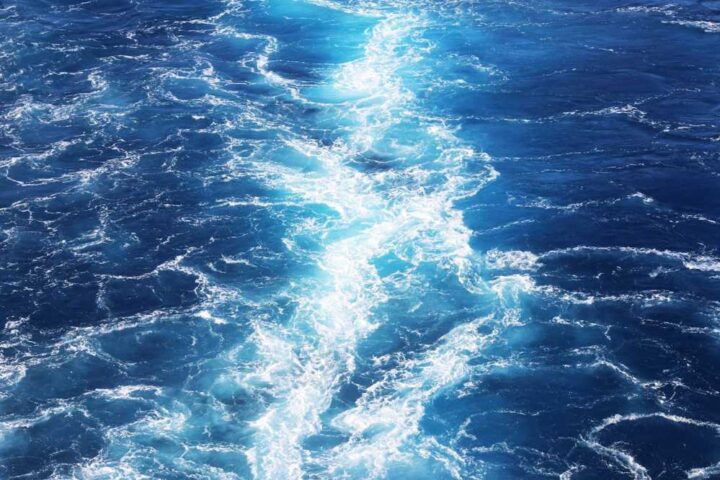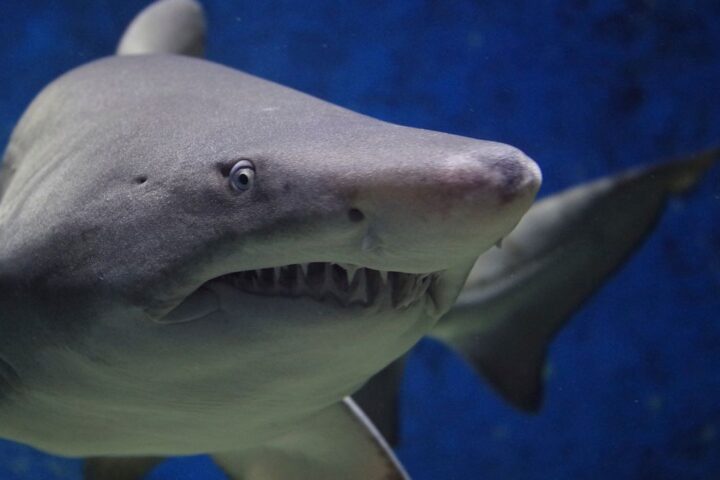A unique & endangered species in the waters near Greenland & Iceland, the beaked redfish (BR) is at risk of extinction due to Russia’s stubborn fishing industry targeting it. The Guardian has reported that Russia ranks second on a 2021 illegal fishing index that includes 152 countries.
The BR population has been declining rapidly & is in danger of becoming extinct due to illegal fishing. The BR is known for its large eyes & orange color & can grow up to about 1.5 feet long.
The lone country to continue fishing in international waters is Russia, despite warnings & recommendations from the International Council for the Exploration of the Sea (ICES) & other countries.
The Iceland foreign minister, Stephan Asmundsson, representative to the North-East Atlantic Fisheries Commission, says that Russia has not been willing to accept the best available scientific advice on BR. After conducting its own research about beaked redfish populations, Russia claims that it will continue to harvest the fish.
The statistics show that Russia continues to catch beaked redfish at worryingly high levels, even after other countries had stopped fishing. Before ICES recommended all fisheries cease, Russia caught 24,361 tonnes of BR, in 2017. It still hauled in nearly 22,000 tonnes in 2021.
The NEAFC’s decisions are not legally binding on Russia. Protesting against the quotas of any nation can simply catch as many fish as it wants. Similar treatment is given by some states to other species such as herring, mackerel, & blur whiting. Quarreling over who gets what share, Member nations all set their own quotas & thus exceed the overall limit.
The beaked redfish case is different, as Russia has not been willing to accept the best available scientific advice. The BR is sensitive to overexploitation, & scientists fear the stocks aren‘t regenerating. How the species arrive in the Irminger Sea is a mystery even to scientists, as they arrive in April & leave in June.
The females carry eggs for as long as six months before releasing live young in the water. 10 to 15 years are needed for juveniles to reach reproductive age.
According to a report from the ICES working group, Russia has conducted serious scientific research, but the Russian approach to assessing stocks was not “sufficiently documented”. According to an EU representative, Russia did not offer the NEAEC any scientific evidence for its position.
The Russian unethical activity issue is to be raised as it threatens the survival of a unique & endangered species. It is also important to acknowledge the role of other countries & their unethical activities in contributing to the decline of various fish species.
It‘s dangerous to fish illegally as it can lead to the extinction of various fish species, which can have far-reaching ecological & economic consequences. All the nations have to work together to protect endangered fish species & ensure sustainable fishing practices.



